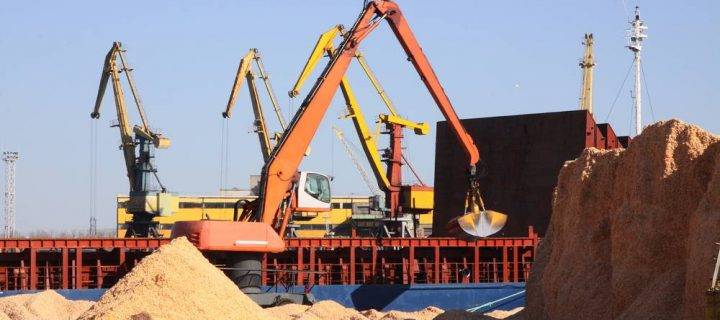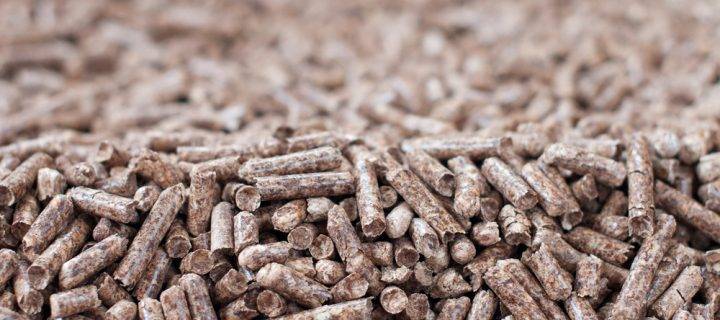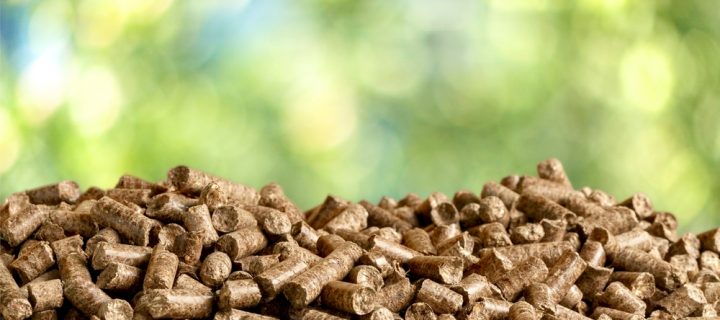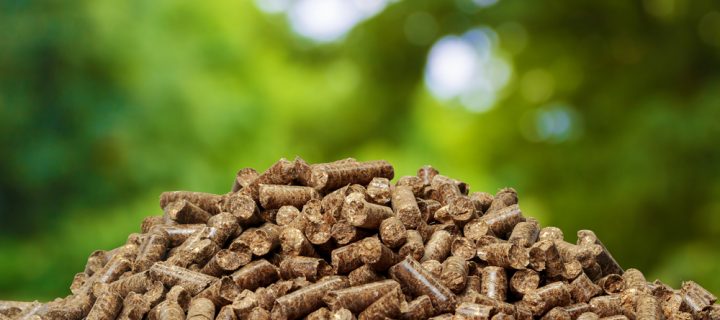Softwood waste can be quite troublesome in sawmills if not disposed of effectively. This is the reason P.H Winterton and Son offer a sawmill waste collection service. Why is it important to control your sawmill waste? Well, if you work in joinery or on a construction site, we have some handy tips to help control the amount of sawdust you are producing. 7 Ways to Control Sawmill Waste If you are a joiner, use an industrial ventilation system Keep your tools and blades sharp as blunt tools release more sawdust into the air Wear respiratory protection when required Reduce exposure to skin by using protective clothing and gloves Ensure your staff have sufficient training to explain the dangers of wood dust exposure Always practice good personal hygiene by washing hands and face after tasks are completed and before eating and drinking Put your sawmill waste to one side and give P.H Winterton a call to arrange a collection using one of our articulated trailers P.H Winterton operates a fleet of articulated trailers between 30 and 45 feet which are fitted with return air systems and filter sheets. If you are a smaller joinery outfit we also offer a 20-foot hook-lift filter skips which are collected on a regular basis. Our 20-foot open-top waste skips can also be used for off-cuts, wood chips, pallets plus general waste. How Is Sawmill Waste Used? Once your sawmill waste has been collected by one of our team it will be used to create biomass fuel, a renewable energy source. It is an organic material that is produced in a renewable manner to create heat or power. The two most popular components for great biomass fuel come from the farming and joinery industries; they are wood and animal wastes. Arrange Your Sawmill Waste Collection Today If you would be interested in arranging a collection for your sawmill waste, please contact P.H Winterton...
Read Moreabout How Does Sawmill Waste Collection Work?Biomass energy is the use of organic material to generate energy. Biomass fuel is simply organic matter, such as wood pellets, grass clippings plus dung. P.H Winterton and Son is the leading biomass energy supplier, using wood residue from our sawmill waste collection service which can be burnt in a boiler and used for electricity and industrial heating. Here we will answer some of those burning questions you may have about this energy source. When Was Biomass Fuel First Used? While you could say it was discovered back when man lived in caves and realised that wood could burn, it was much later when it was truly utilised. Back in the 13th-century explorer Marco Polo noted the processes that could create biofuels after seeing the Chinese using covered sewage tanks to create biogas. In the late 1800s, Rudolf Diesel invented a biofuel engine powered by vegetable oil and this was before petroleum-based diesel fuel became widely available. How Does Biomass Generate Electricity? Biomass fuel generates electricity in a number of ways, with the most common being combustion. This means burning agricultural waste or woody materials to heat water and produce steam that spins turbines. In some biomass plants, excess steam can also be used in on-site manufacturing processes or heating, which increases the energy efficiency of biomass electricity generation to around 80%. How Much Energy Does Biomass Energy Contain? Energy is measured in joules, with wood, which is commonly used for biomass, containing around 15 megajoules per kg. If it is dried before it is burned, it is boosted to around 18 megajoules per kg. Get in Touch For More Information If you would like to know more about biomass wood pellets from P.H Winterton and Son, please contact us today. We currently offer P16 and P35 wood pellets, which can be used in biomass boilers. Read some of our Testimonials to get a better idea of the quality of our products and...
Read Moreabout Explaining the History of Biomass FuelA new strategy set for 2022 has been announced by the UK Government that looks set to support the use of biomass fuel. The UK Renewable Energy Association has welcomed this announcement, reiterating how important bioenergy is to a renewables revolution. P.H Winterton and Son are one of the leading providers of biomass fuel to clients all over the country. Here we will look at the announcement in greater detail and how biomass fuel could become more widely used. How Bioenergy Could Affect Climate Change The UK Department for Business, Energy and Industrial Strategy (BEIS) is putting together a new bioenergy strategy in response to the Committee on Climate Change’s 2020 progress report, which was released in June. The report detailed progress for the UK in reducing emissions and looked at the government’s climate change mitigation activity. This report called for the UK to refresh its bioenergy strategy to include the best uses of biomass fuel and waste resources through until 2050. This includes wood in construction and the wider bio-economy, the role of carbon capture and storage (CCS) plus clear dates for CCS to be implemented in biomass and waste facilities. The BEIS intends to publish a new biomass energy strategy in 2022, which will build on the previous strategy released in 2012. It will aim to bring together many departments whose policies for net-zero involving the use of sustainable biomass. Nina Skorupska, chief executive of the Renewable Energy Association (REA) commented, “We note the Government’s response to the CCC’s report and strongly welcome the government’s new commitment to delivering a revised Bioenergy Strategy for the U.K., in line with the recommendation of the Committee on Climate Change and building on the REA’s own industry-led Bioenergy Strategy, published last year.” Leading Supplier of Biomass Fuel P.H Winterton currently offers two different types of biomass fuel, P16 grade (smaller size of wood chip) plus P35 grade (a grade wood with no contaminants present). We use Grade-A wood residue from sawmill waste collections which can be burnt in a boiler for industrial heating and electricity. Get in touch today to find out...
Read Moreabout How the New Government Bill Affects Biomass FuelBiomass is one of the most renewable energy sources which refers to biological material derived from living organisms such as wood and waste. P.H Winterton and Son have been producing biomass fuel using wood pellets that we have produced from collecting waste from sawmills, for a number of years. We are proud to be one of the UK Government’s approved Biomass Supplier List, reaffirming our commitment to producing the best products for our customers. 4 Advantages of Biomass Fuel Here are four main advantages of using biomass energy – 1. Renewable Energy Source – The main benefit of using biomass fuel is that it is a renewable source of energy. This means it cannot be depleted like fossil fuels. Biomass is mostly derived from plants, with plants needed to support life on planets. 2.Reduce Greenhouse Gas Emissions – Biomass helps to reduce greenhouse gas emissions which in turn has an impact on global warming and climate change. 3. Cleaner Environment – Biomass can also help clean our environment and with the world population only increasing, there is a problem with increased waste which needs to be correctly disposed of. A lot of garbage ends up in rivers, water streams, oceans which harms nearby ecosystems which has a negative impact on human health. 4. Biomass is Widely Available Energy Source – One of the main benefits of biomass energy is that it is a widely available source of energy. We all know fossil fuels are not going to last forever, whereas using biomass is more economic and environmental energy source. Get in Touch for More Information If you have never considered using biomass fuel before, contact P.H Winterton and Son with any questions you may have. As a family-run business, we understand the importance of great customer service plus supplying the best products. This is why we have been producing animal bedding and biomass fuel across six...
Read Moreabout Why Should I Use Biomass Energy?



